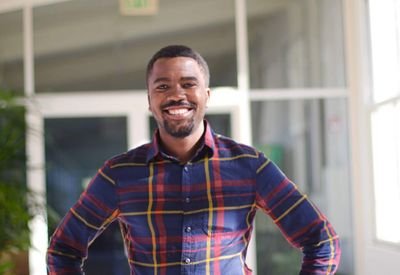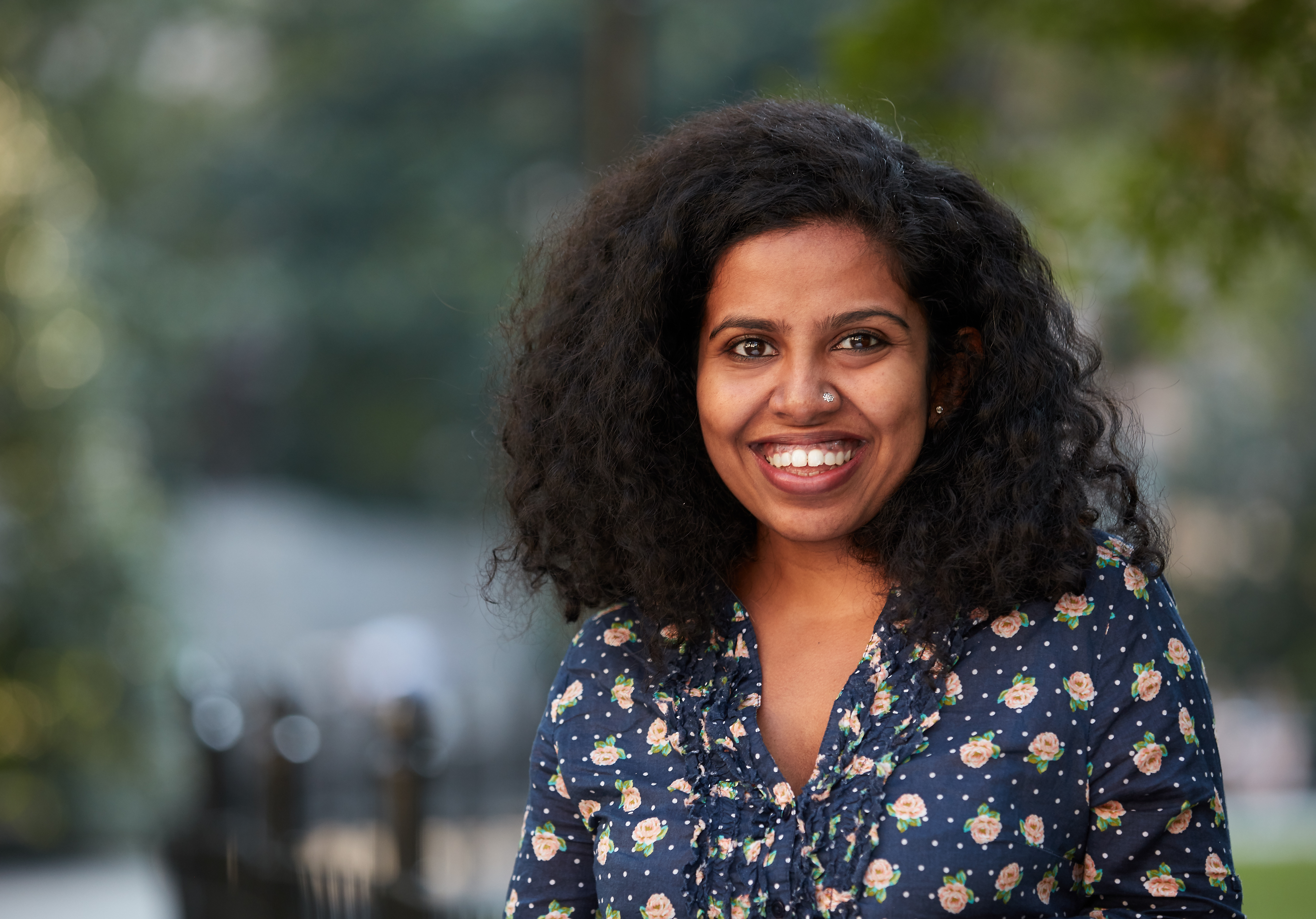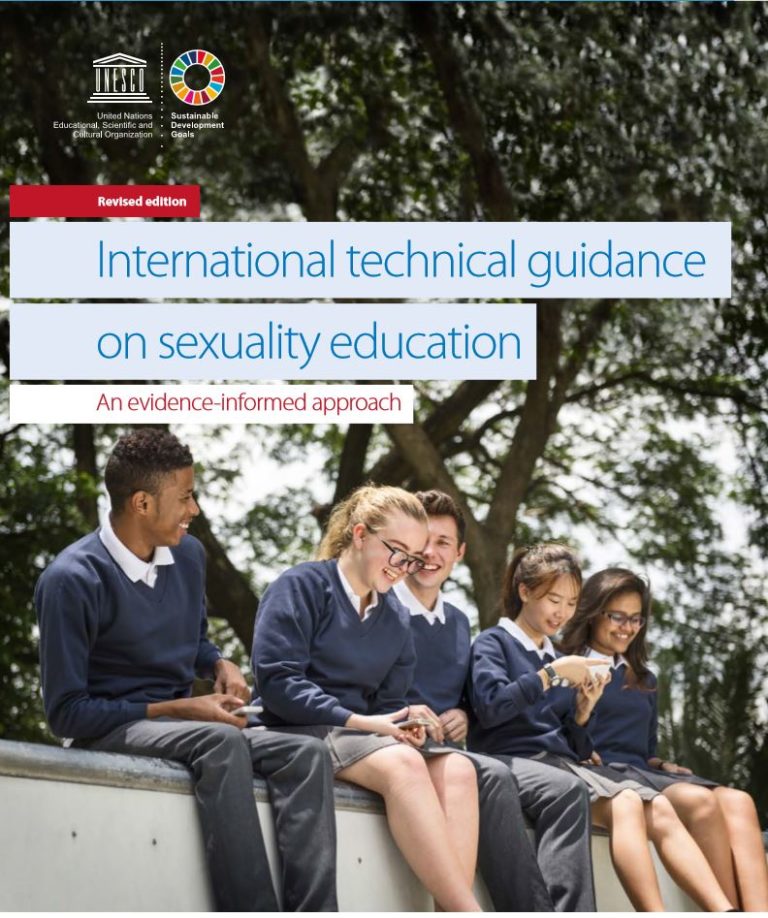Every year on February 14th, people are inundated with messages about romance and the best gifts to give their loved one. And, don’t get us wrong – we love that! But this Valentine’s Day let’s talk about more than flowers and candy – let’s talk about comprehensive sexuality education (CSE) for adolescents.
People get uncomfortable talking about adolescents having sex so they frequently chose to avoid the conversation all together. Far too often, this means young people do not receive even the most basic sexuality education, instead learning myths and misinformation, which can sometimes have harmful consequences on their lives. For example, in some countries, there are men who believe HIV can be cured by having sex with a virgin – a devastating example of the damage lack of education can have.
The facts clearly demonstrate this is an area we cannot afford to ignore. We must engage governments, communities, families, and young people in developing sexuality education programs and policies that take a holistic approach to sexual and reproductive health.
Evidence shows that CSE curricula – both in and out of school – are most effective when they look beyond a simple biology lesson. Yes, anatomy is important, but a truly effective CSE intervention must be genuinely comprehensive in teaching young people about the emotional, physical, and social aspects of sexuality. It must equip adolescents with the knowledge and skills needed to safeguard their own and others health, help develop negotiating skills within and outside the context of sexuality, and strengthen their decision-making skills. When done effectively, a CSE intervention can play a critical role in helping young people to develop positive values about rights, gender norms, gender equality, and dignity. Together, these outcomes illustrate the ripple effect of social and economic benefits that result from investments in CSE and help to power progress toward sustainable development and gender equality goals.
Women Deliver is a leading advocate of Comprehensive Sexuality Education. We know that when girls and women have the ability to choose if, when, and how many children they have, they take control of their lives and pursue a brighter future for themselves, their families, and their communities. We also know that young people’s expertise and insights give them a unique ability to lead change in their communities. This includes transforming perspectives around CSE and sexual health more broadly. That’s why Women Deliver invests in, trains, and elevates the voices of Young Leaders – many of whom address adolescent sexual health through their work.
To support CSE advocates, including young people, the United Nations recently released updated international technical guidance on sexuality education. These guidelines offer a more progressive approach to CSE with a greater focus on gender, power dynamics, avoiding early pregnancy, and rights. Specifically, they take a closer look at the role CSE plays in “contributing to gender equality by building awareness of the centrality and diversity of gender in people’s lives; examining gender norms shaped by cultural, social and biological differences and similarities; and by encouraging the creation of respectful and equitable relationships based on empathy and understanding.”
As Devex reported, these new guidelines also encourage and help policy makers to design and deliver more accurate, comprehensive, and judgement-free education programs about sex and relationships to young people. And in doing so, will support country efforts to advance gender equality.
Unfortunately, some people continue to believe that the simple act of talking about sexual health will increase and even encourage sexual risk-taking. Despite these concerns, no study of CSE programs have yet to find evidence showing this to be the case. In fact, the opposite is true.
Research proves that CSE contributes to delayed sexual initiation, decreased frequency and partners of sexual intercourse, reduced risk taking, and increased use of condoms and other contraception. A United Nations Populations Fund (UNFPA) study reports that approximately two thirds of program evaluations show reductions in targeted risky behaviors and approximately 60% of CSE programs had a positive effect on at least one behavioral or biological outcome, such as increased condom use or reduced unplanned pregnancies.
The evidence is clear: CSE is essential to improving sexual and reproductive health. It is also vital for shifting gender norms and promoting gender equality– and as we all know, gender equality is critical to the achievement of other development goals.
The movement to increase access to CSE programs is growing but there are many places where sexuality education remains forbidden and taboo. It is important to recognize the differing cultural, social, and political aspects involved while also making concerted efforts and action to increase support for CSE at all levels – government, community, and family.
And at the center of all of this is the meaningful engagement of young people – those with the most to gain from access to CSE, and the most to lose without it. But don’t believe us – hear from Women Deliver Young Leaders about the work they are doing to further CSE in their communities.



Humphrey Nabimaya, founder of Reach A Hand Uganda (RAHU) and Women Deliver Young Leader
“Providing young people with the sexuality education and skills they need is key to healthy decision-making. One of the biggest challenges we face is having a lack of clear guidelines around CSE in Uganda. Luckily, young people were given the chance to help develop the National Framework on Sexuality Education that will guide implementation of the guidelines in schools. We were also given the opportunity to join sessions to learn how the new guidelines were expected to be implemented in schools.”
Jasmine George, feminist activist in India and Women Deliver Young Leader
“One of the greatest challenges we face in implementing CSE projects is the lack of awareness among teachers and principals that CSE can be introduced across different school levels and in different formats that are cultural and age appropriate. CSE provides a great opportunity to create a positive narrative around sexuality. And if we get creative, we can find different formats to introduce CSE into school curricula – for example through podcasts.”
Francis Oko Armah, Ghana, CSE advocate and Women Deliver Young Leader
“CSE encompasses the dreams & development of youth. It gives us power & knowledge. When delivered comprehensively, it remains at the heart of the Sustainable Development Goals. CSE is very important because it provides young people with information and helps them to make informed choices. It empowers young people to acquire information on gender culture, relationships and provides a safe space to discuss family life as they speak up on threats like discrimination and sexual abuse.
There are a lot of challenges implementing CSE in Ghana, especially in working with government agencies. But we have found it really helpful to partner with local gatekeepers to help get local government support and entry into communities for CSE advocacy. We have also found it to be really important to mobilize youth voices – among in-school and out of school youth, teenage mothers and boys -- on the need for CSE in their communities and the impact in their lives both now and in the future. I am particularly proud of a Twitter chat we hosted – in partnership with UNFPA Ghana and the National Population Council -- with the then Deputy Minister of Tourism, Culture and Creative Arts on the role of Culture in CSE."
Click here to download special social media graphics sharing messages from the Young Leaders.
 Produced by Women Deliver
Produced by Women Deliver 


